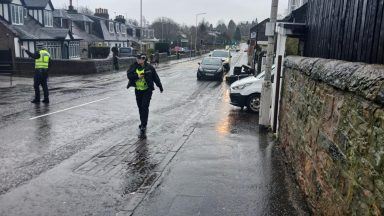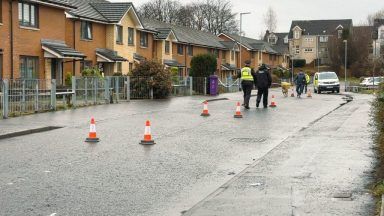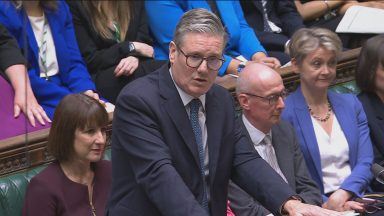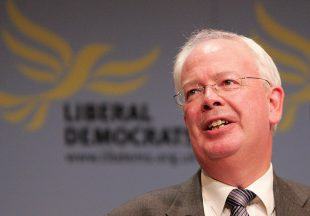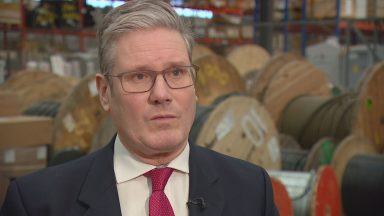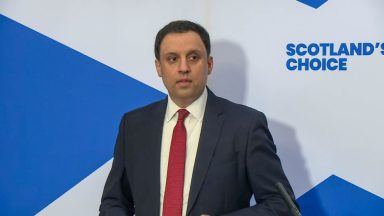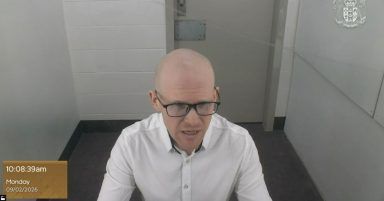MSPs “must do everything” possible to reduce suicide in Scotland, a Holyrood minister has said.
Mental wellbeing minister Kevin Stewart delivered a statement to Holyrood on Wednesday after the launch of a strategy aimed at tackling factors and inequalities that can lead to suicide.
Creating Hope Together: Scotland’s Suicide Prevention Strategy is a 10-year plan from Cosla and the Scottish Government to address the underlying social issues that can cause people to feel suicidal, while providing support to those affected by suicide, such as families, friends and carers.
Mr Stewart told the chamber: “Every suicide is a tragedy with profound and lasting effects on people’s lives.
“And it is imperative that government set a clear course to reduce suicide and ensure that anyone affected by suicide is able to get the help that they need.”
The SNP MSP said Scotland’s approach must be rooted in “the three principles of time, space and compassion, across government, across party lines, and across all sectors and communities”.
“Putting it simply,” he added, “we all must do everything that we can to reduce death.”
He said the strategy will focus on the different needs of various population groups, highlighting that older adults and young people will require responses suited to them.
“We’re taking a focused approach right across our work so we have maximum effect in our overall aim to reduce suicide,” Mr Stewart said.
“So the strategy prioritises settings such as prisons and locations of concern, particular communities, and parts of the workforce where we feel our efforts can make the biggest difference.”
He said the strategy also intends to ensure anyone seeking mental health support is met with “compassion and given the support that they need” with a primary focus on recovery.
The Programme for Government set out a commitment to double the annual budget for suicide prevention to £2.8m by 2025/26.
Scottish Conservative MSP Sue Webber welcomed the funding, but said that making support more accessible is what is required from the Government.
She said: “It doesn’t matter how much money we spend on developing effective suicide prevention interventions when ultimately we know that the most significant barrier to improving mental health nationwide is the lack of well-trained clinicians.
“We may have the mental health interventions that work, but we lack the workforce or infrastructure to deliver them.
“A strong suicide prevention strategy requires us to intervene early.”
Mr Stewart disagreed that there is a lack of workforce, but accepted more action is required to ensure people do not reach the point of crisis.
Follow STV News on WhatsApp
Scan the QR code on your mobile device for all the latest news from around the country


 iStock
iStock



